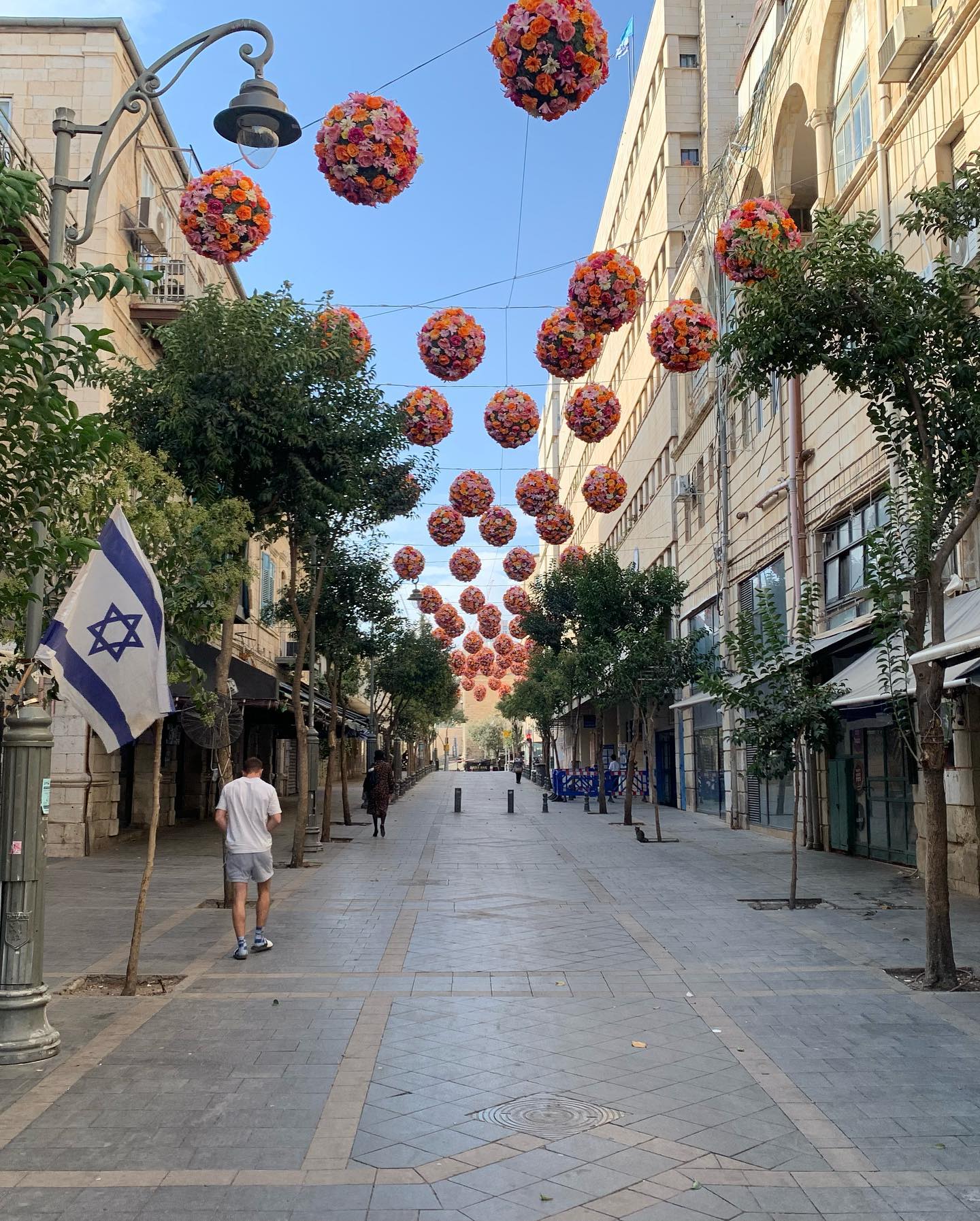Dear Friends,
I am writing from Jerusalem as part of a UJA-Federation of New York rabbinic mission to Israel. There is so much to be learned from this painful time and even more to feel.
One of the salient topics from volunteer efforts, briefings, and visits to “situation rooms” that coordinate relief efforts for displaced Israelis has been the question of unity and disunity in Israel — past, present, and future. First, the present. There has been an outpouring of support from across sectors of Israeli society — from 3,000 ultra-Orthodox Jews who left yeshiva to enlist in the military to the 5,000 volunteers from Palestinian-Israeli, secular, religious nationalist, and ultra-Orthodox populations coming together at the Jerusalem “situation room” of relief efforts. This is true in the internal “ceasefire” to what had been described to us as Israel’s “cold civil war” and may continue throughout a war that many believe could last 6-12 months. Israelis are questioning every assumption of Israeli life with newfound humility and openness to change. The trauma is deep and real. So, too, is newfound love and respect between Israel’s many disparate communities. Second, the past. In addition to Hamas’ brutality and lust for blood, Israel suffered a military collapse unseen since at least 1973 and perhaps ever. Polarization over the current government led to the departure of longtime civil servants and, according to several people with whom we spoke, broke down communication between military and governmental leaders. Hamas exploited these internal fissures with a vicious efficacy. Further, the current volunteerism on the part of ordinary Israelis stems from governmental failures to provide adequate relief and support for the up to 250,000 displaced Israelis and the millions more who have been traumatized. (We have heard the number 250,000 quoted, as well as the lower figure of 140,000; in both cases, it is a staggering number of internally displaced Israelis.) Internal division and government underperformance are directly connected to this moment of existential peril for the modern state of Israel. Third, the future. However you construe “victory” over Hamas, Israel’s vitality and viability depend on a sense of common purpose. Israel can win militarily and lose socially if its citizens and leaders fail to heal the internal wounds that predate the war against Hamas. Israel must confront fundamental questions about democratic institutions, the separation of synagogue and state, and the yawning gaps between rich and poor. Failure to do so has created deep divisions that can only be healed with intention and care. We, as an American Jewish community, would do well to heed the lessons of pluralism and unity. We are called to have a relationship with the modern State of Israel and our kin who live there — and we all are safer and better off for its existence. But we would do well not to cast aspersions on those whose positive relationship looks different from our own. We should create more spaces in which someone who believes that Israel should do more to reduce civilian suffering in Gaza and sit side by side with someone who does not think that there are any alternatives to the present military approaches. We should not import social fissures from our spiritual homeland but rather export pluralism that more fully includes a plurality of approaches to Zionism.

Joshua Stanton is Rabbi of East End Temple in Manhattan and the Director of Leadership Formation at CLAL – The National Jewish Center for Learning and Leadership. He serves on the Board of Governors of the International Jewish Committee for Interreligious Consultations, which liaises on behalf of Jewish communities worldwide with the Vatican and other international religious bodies.

